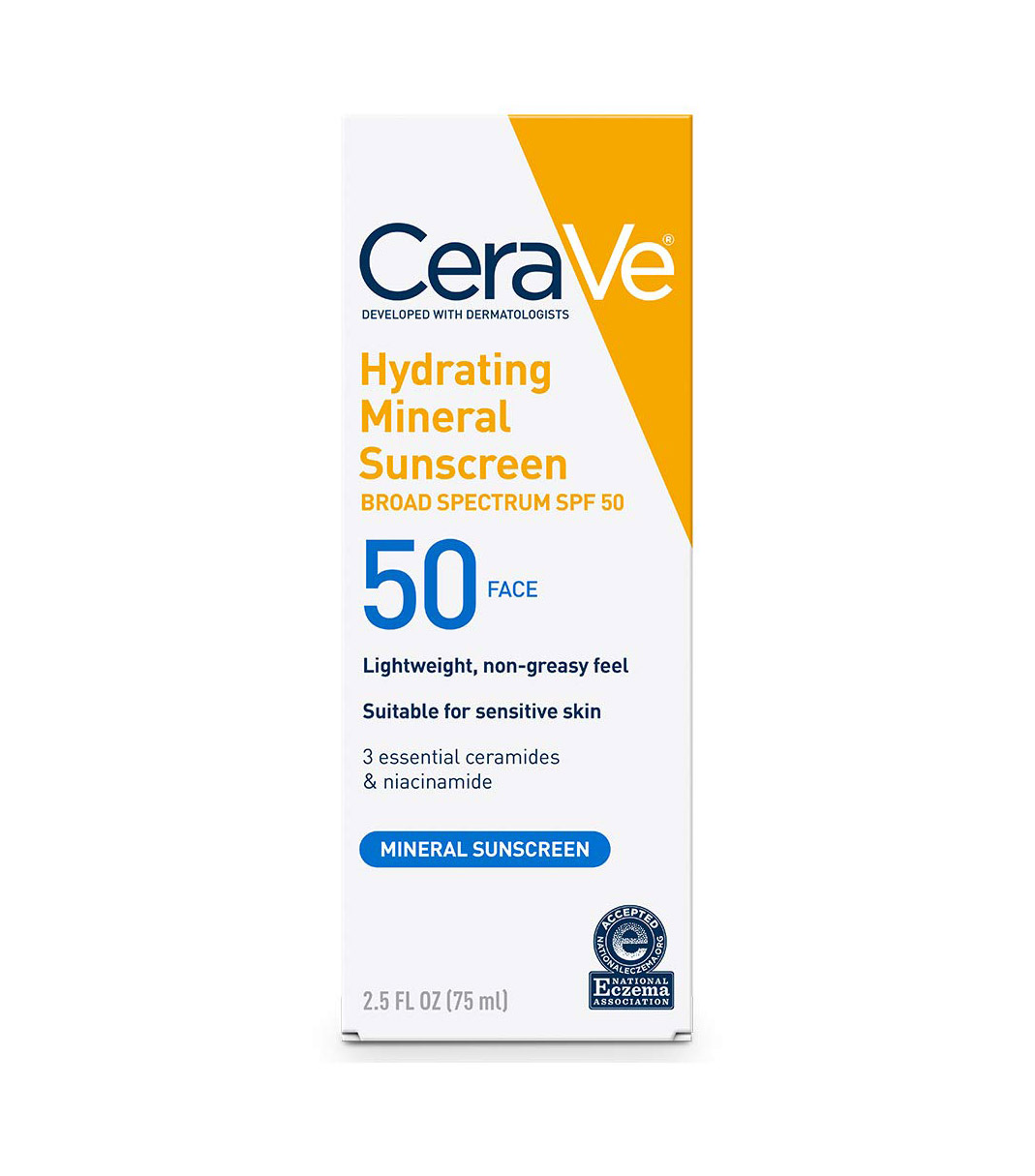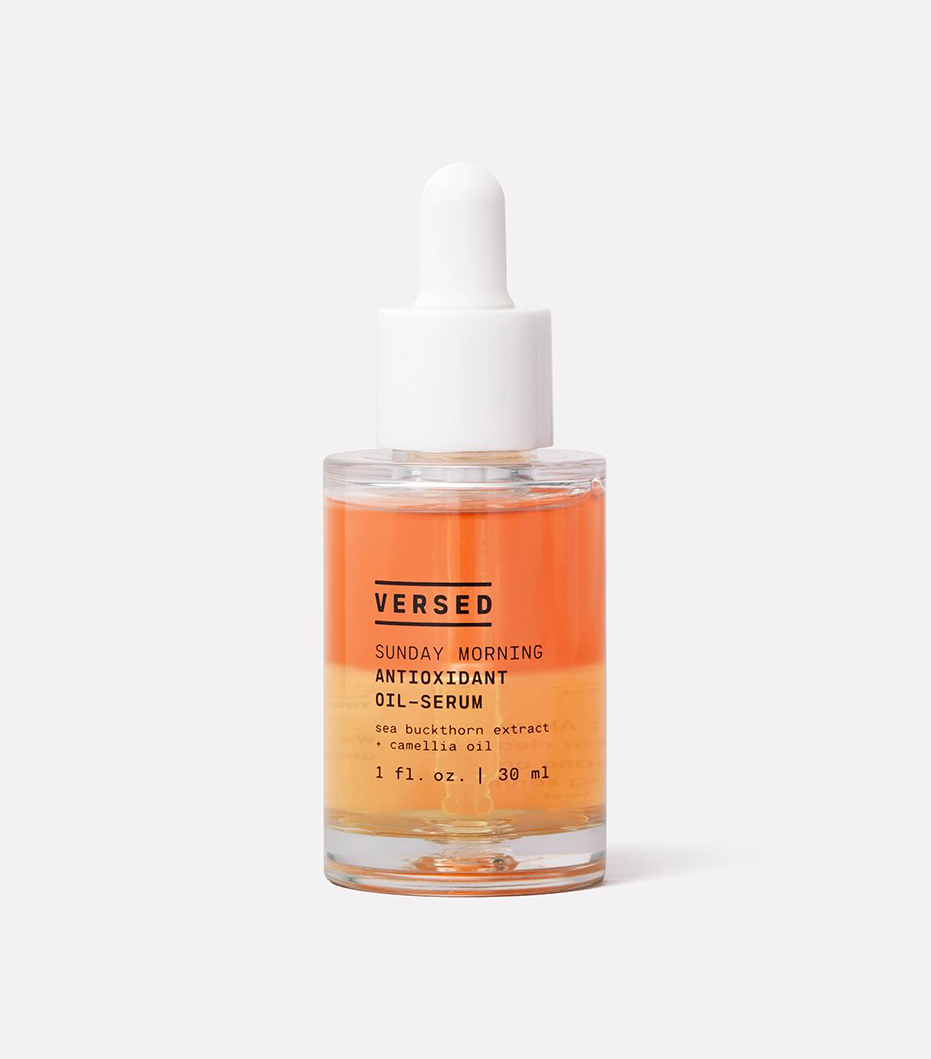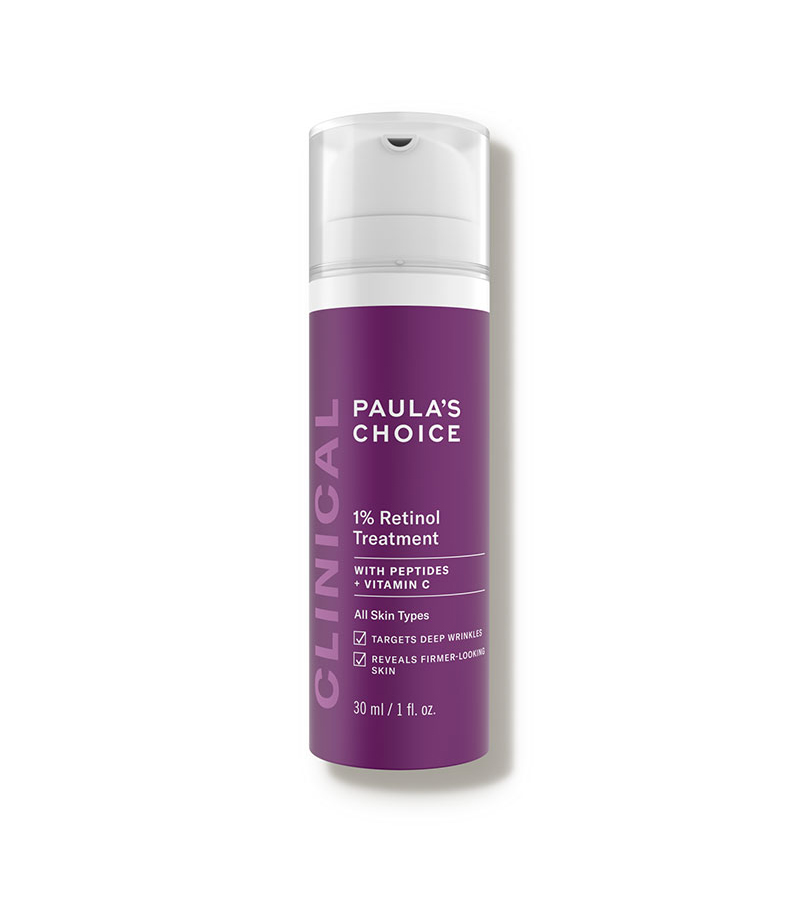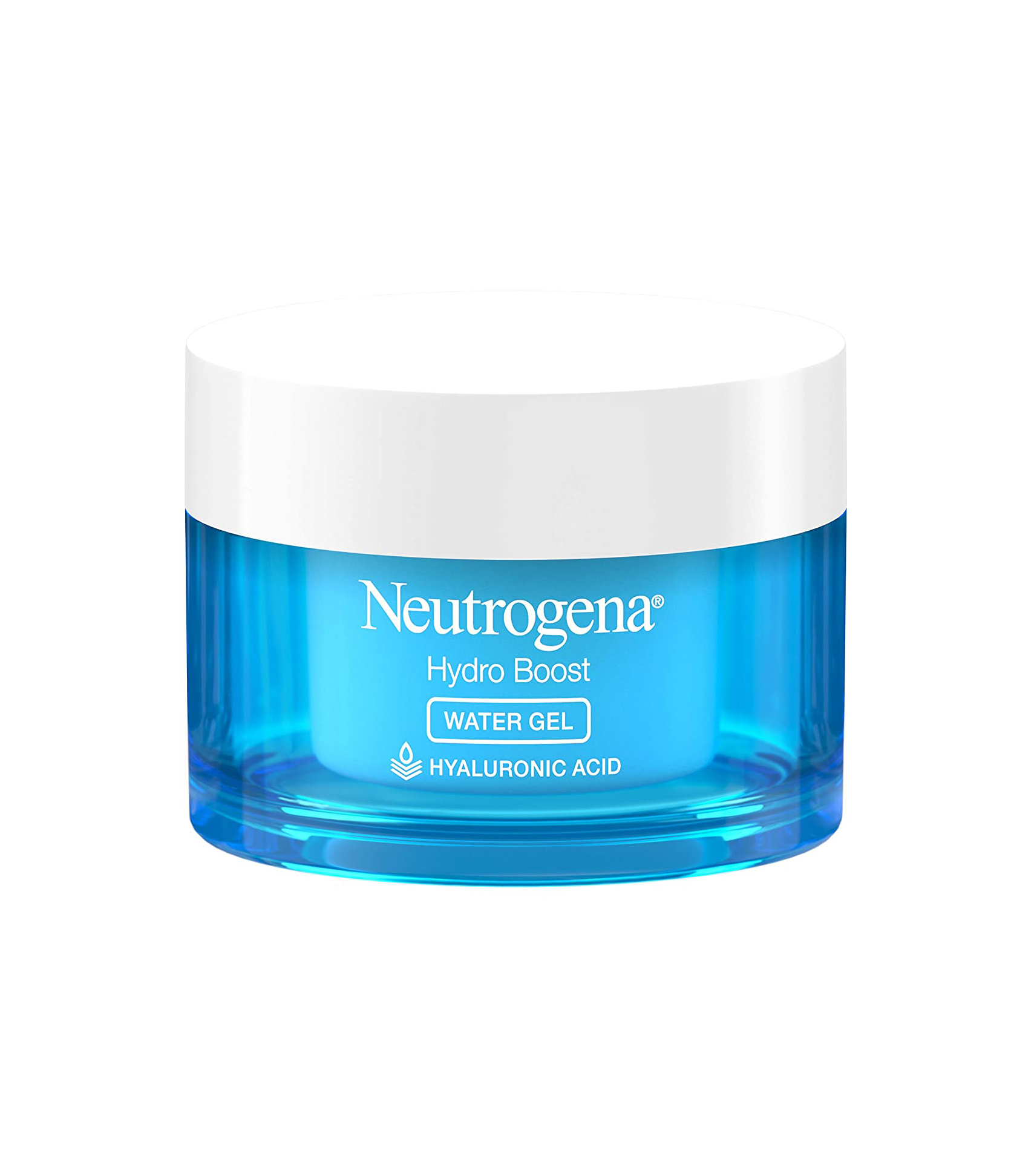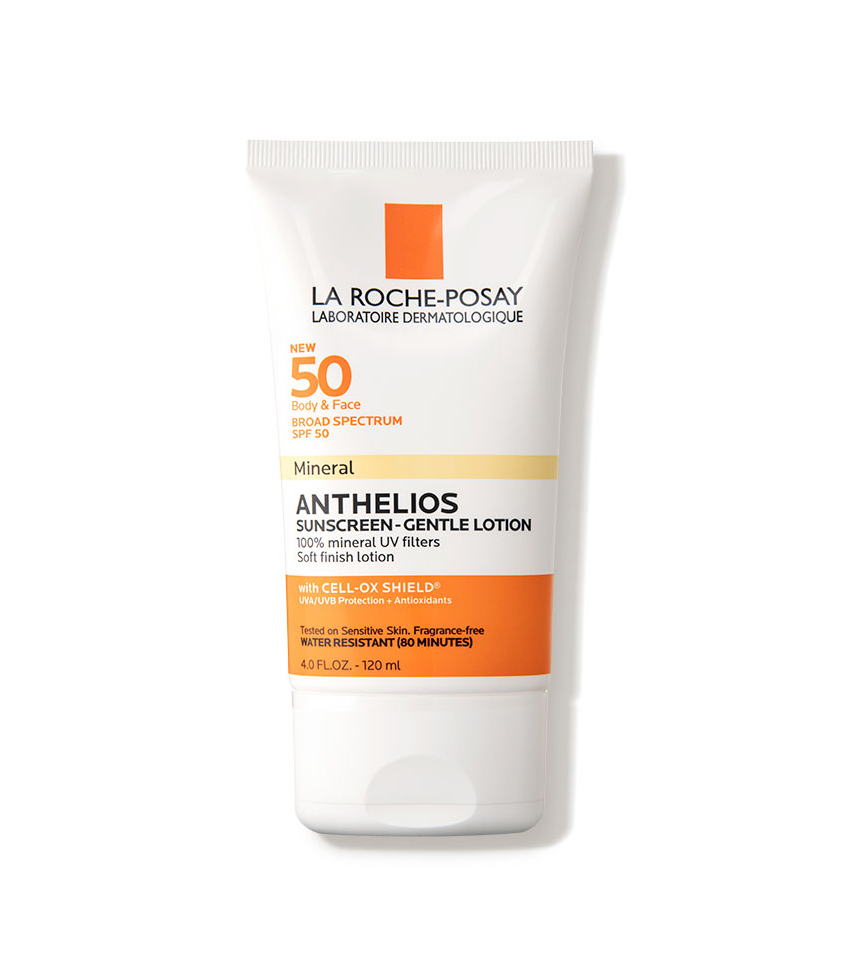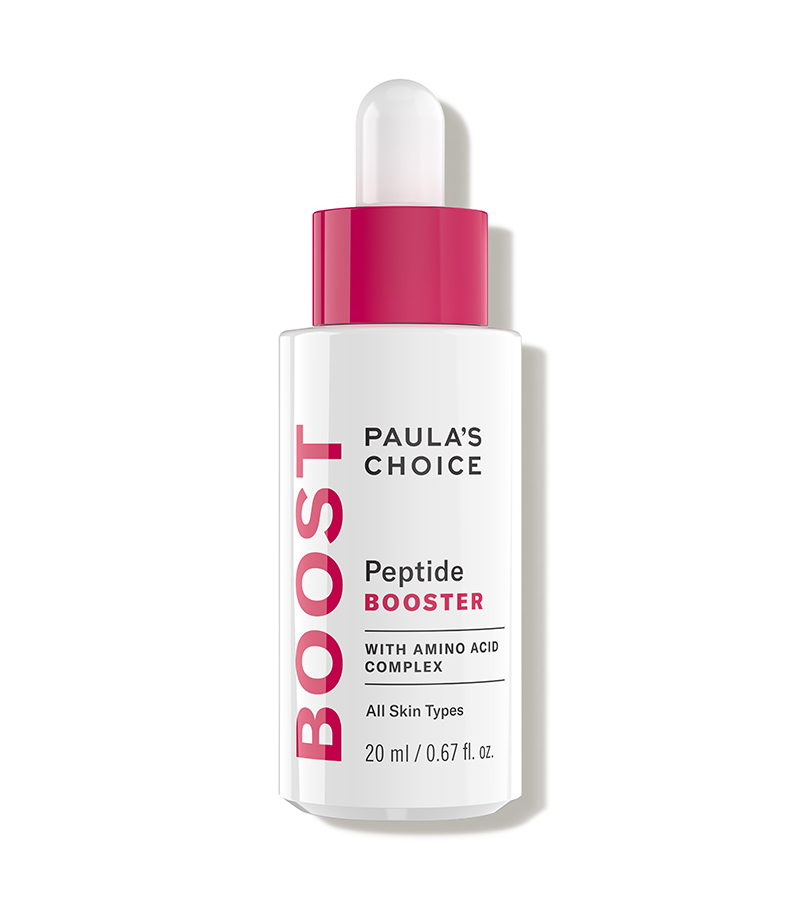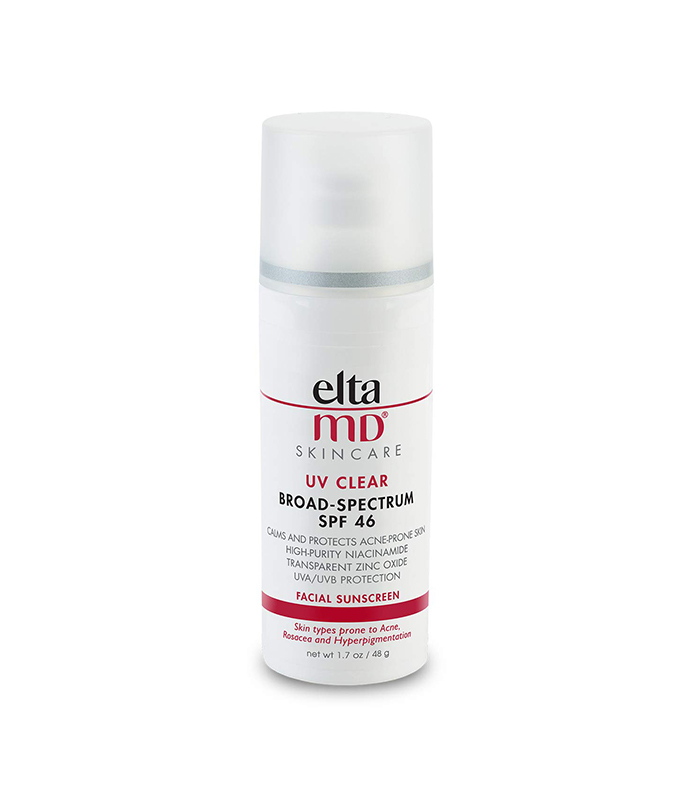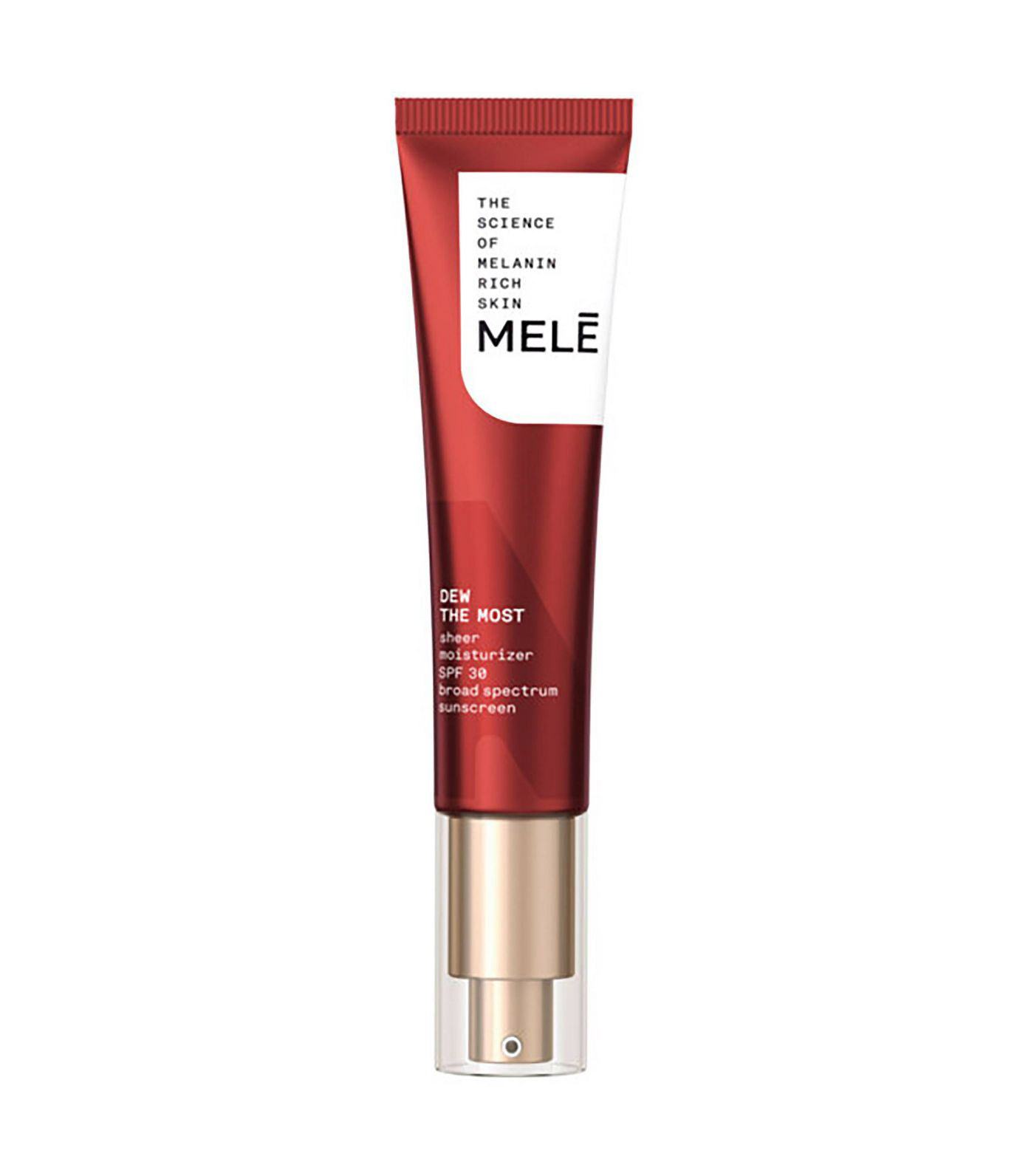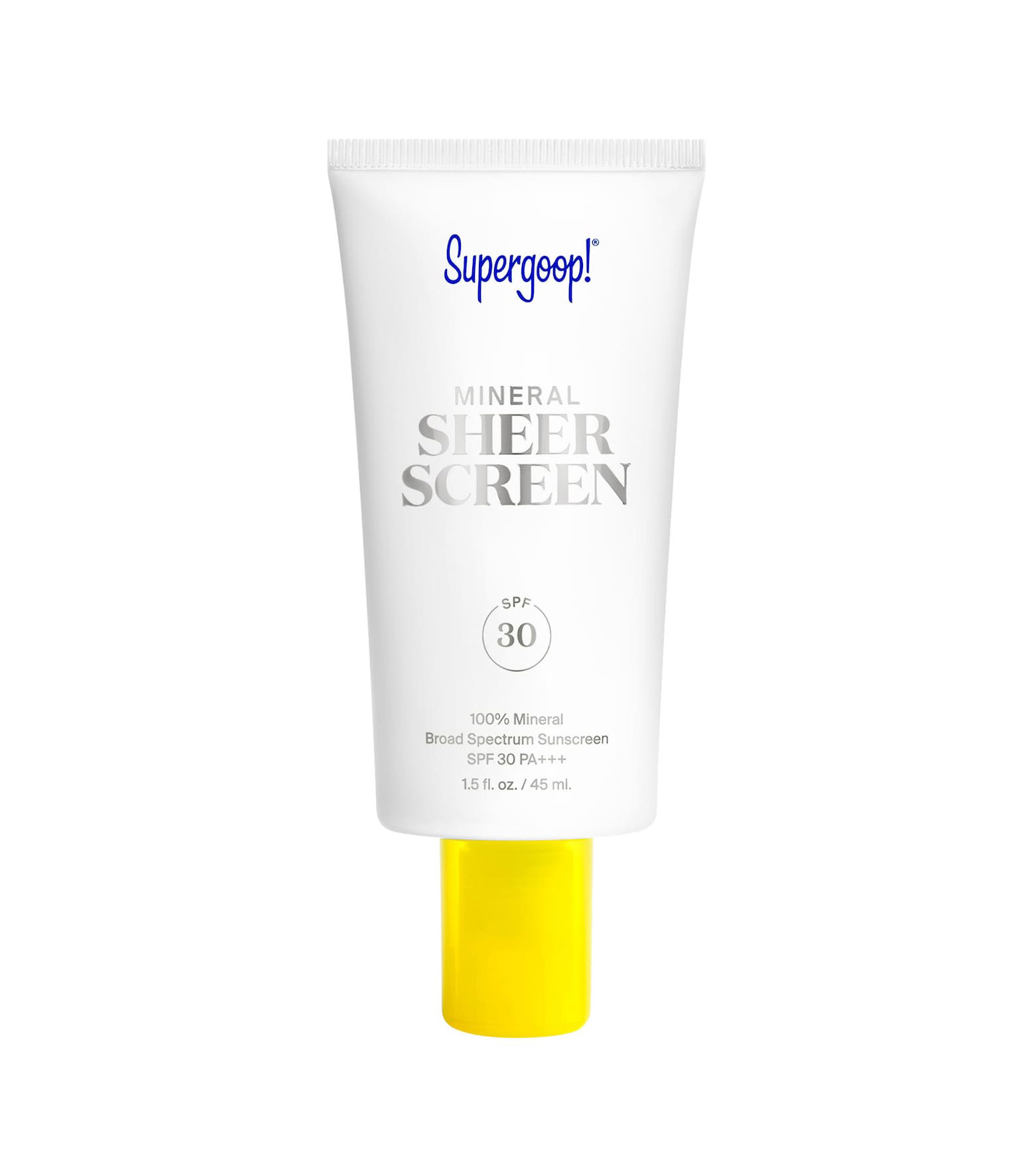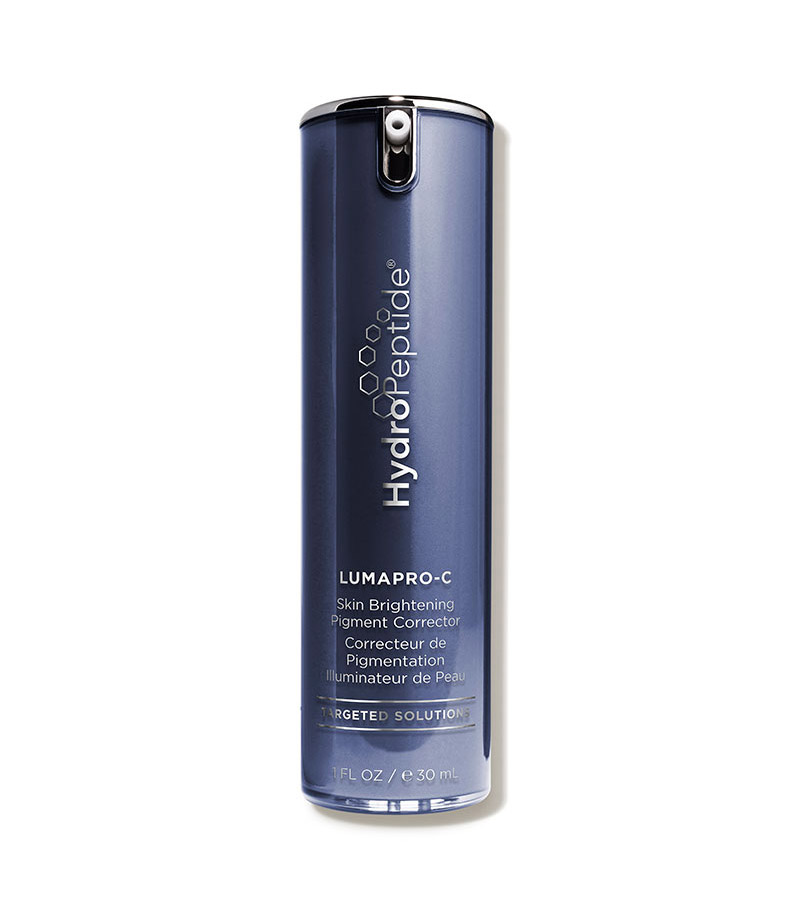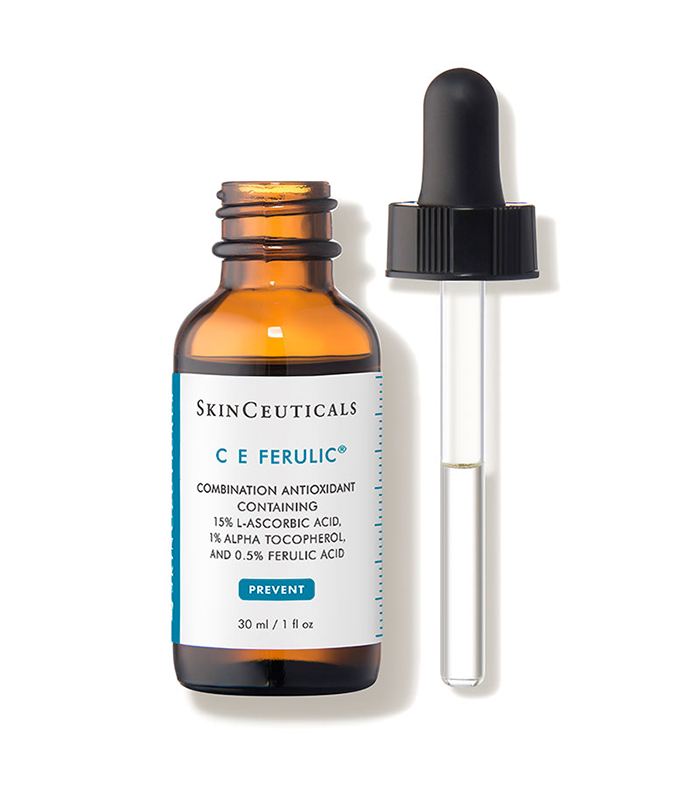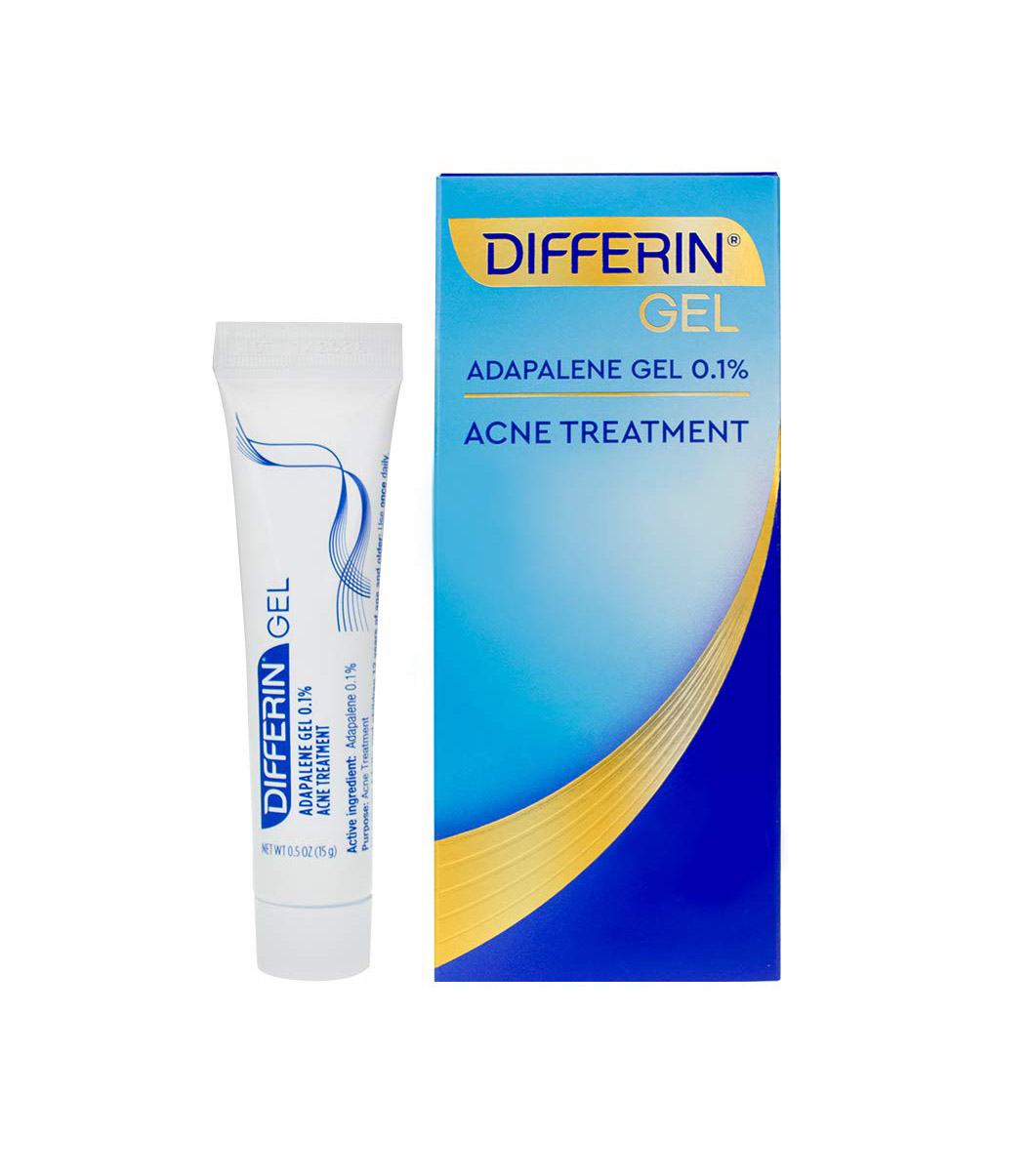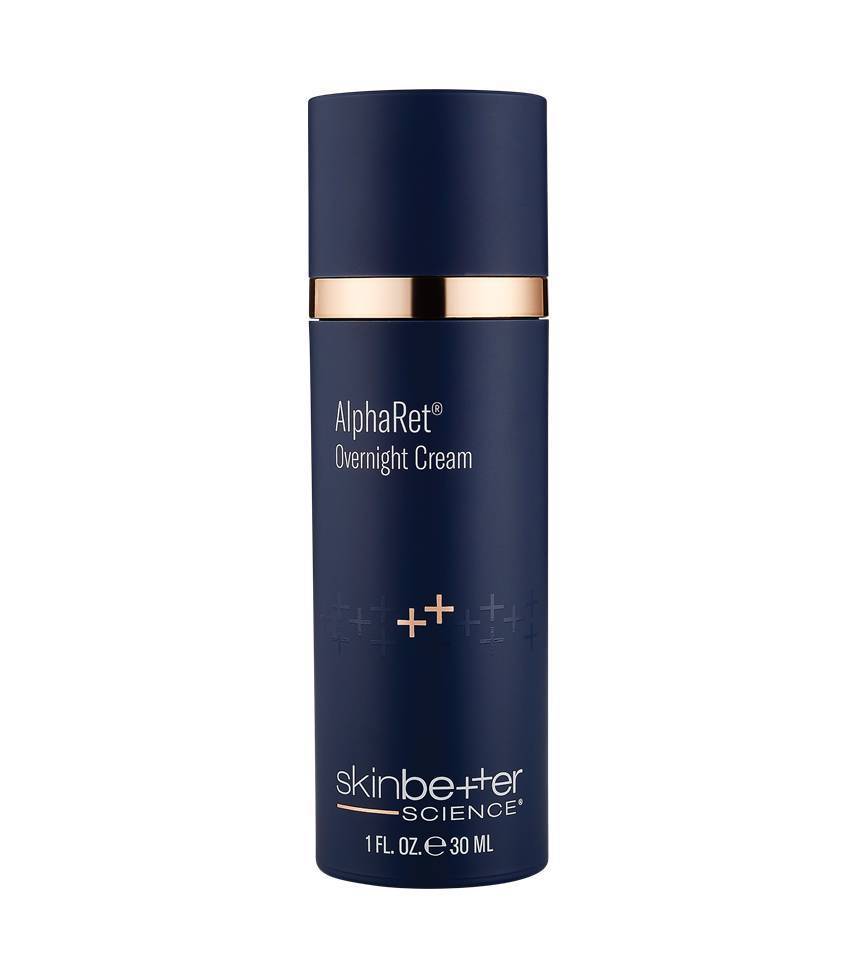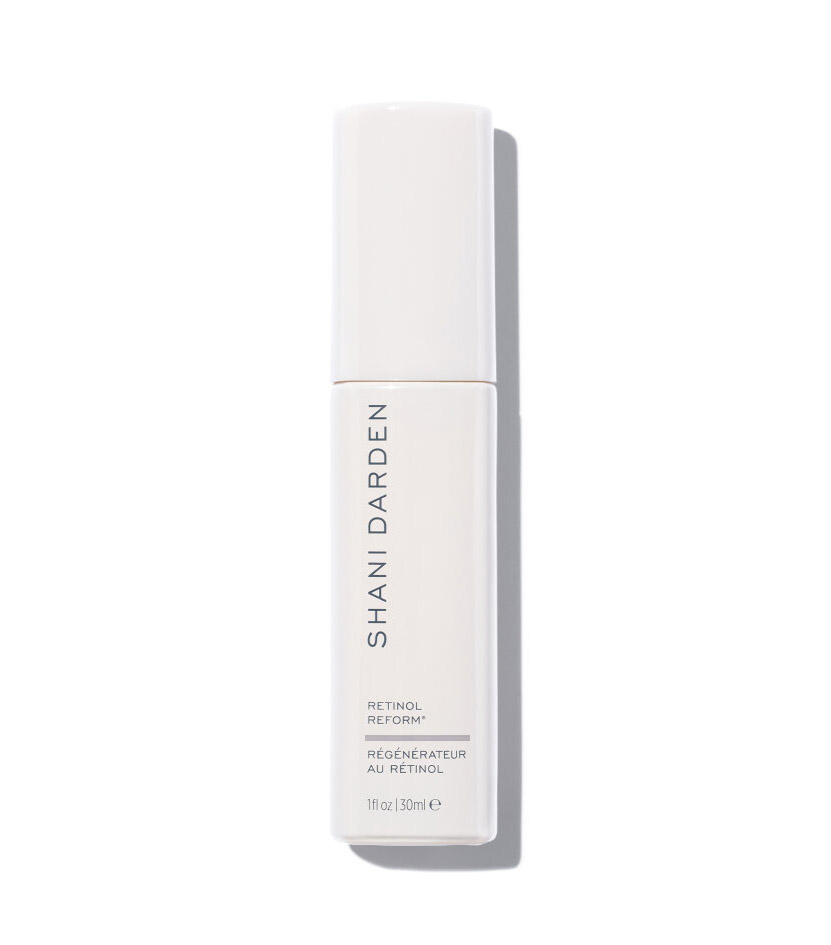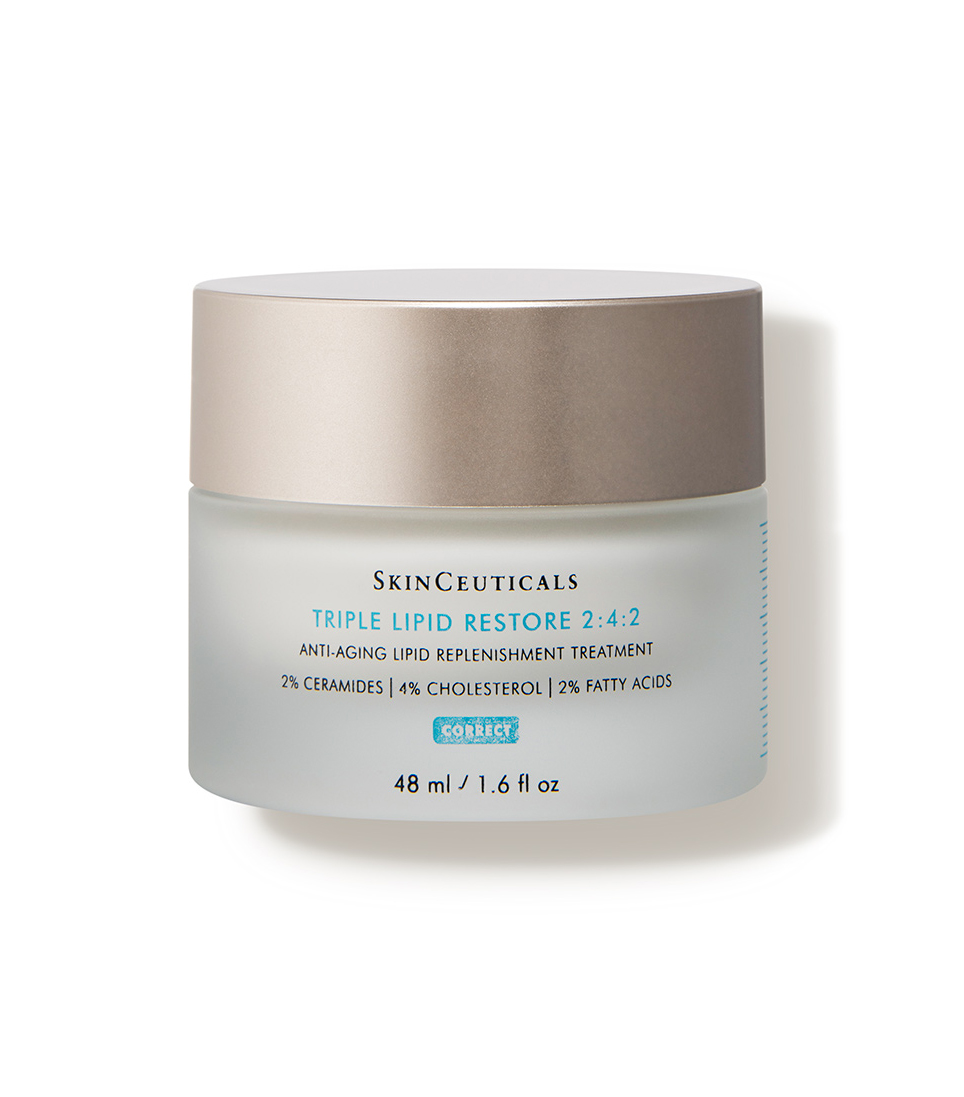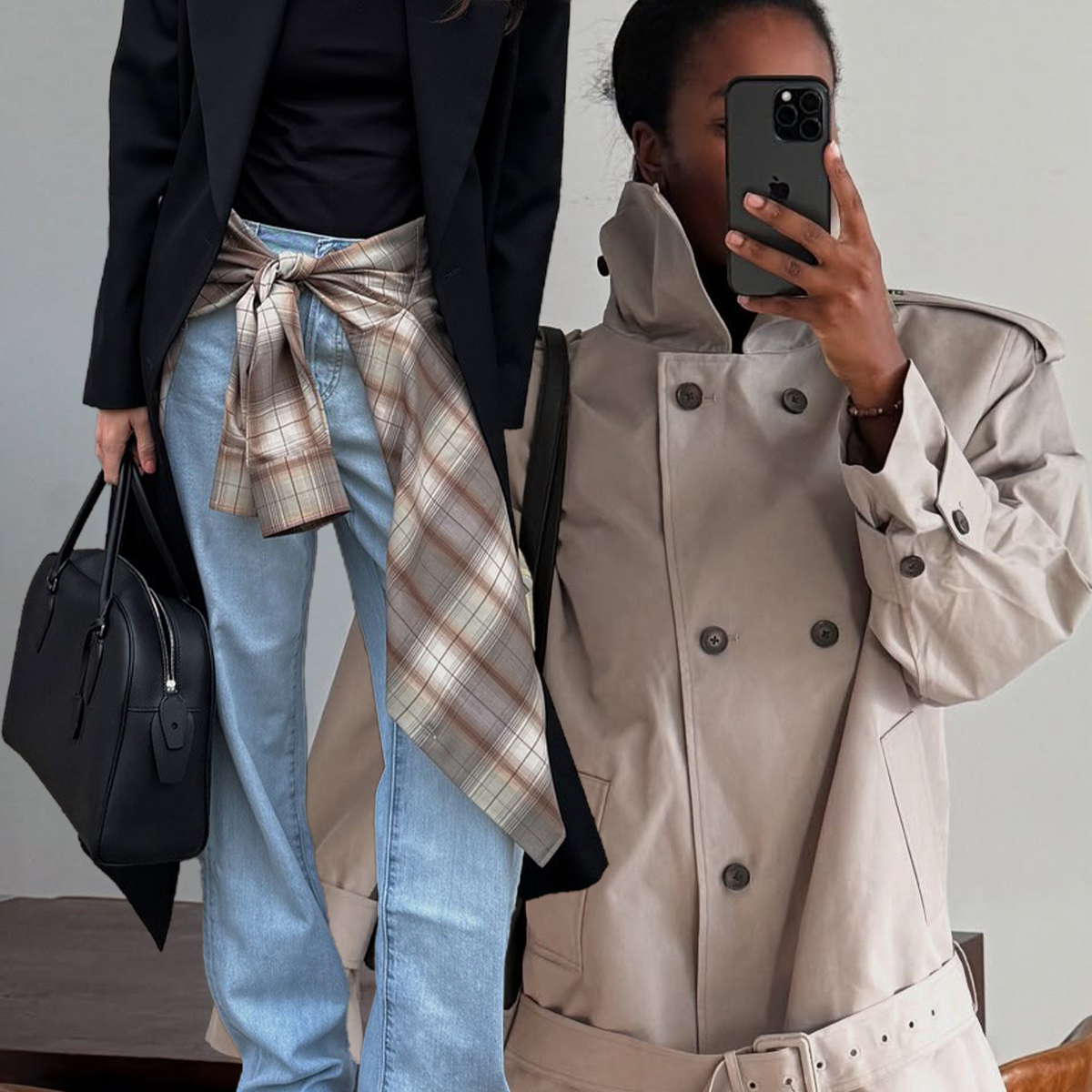This Is It: The Skincare Routine for People in Their 30s
Turning 30 is a momentous occasion, whether you have good feelings about it or not. For me, when I turned 30, it was definitely a balancing act with my emotions. On one hand, I was really excited to enter a new decade of my life, and I did feel a lot wiser and more confident. But on the other hand, I dealt with a few existential crises here and there.
For a lot of people, one "fun" thing that happens when you turn 30 is you start to notice some changes in your body. You're not quite "old" by any means, but you do start to feel your age a bit. Gray hairs start to appear. Your metabolism might slow down. An achy back, shoulders, and joints are a lot more common. Hangovers hit way different than in your 20s. And you might even notice some fine lines and wrinkles.
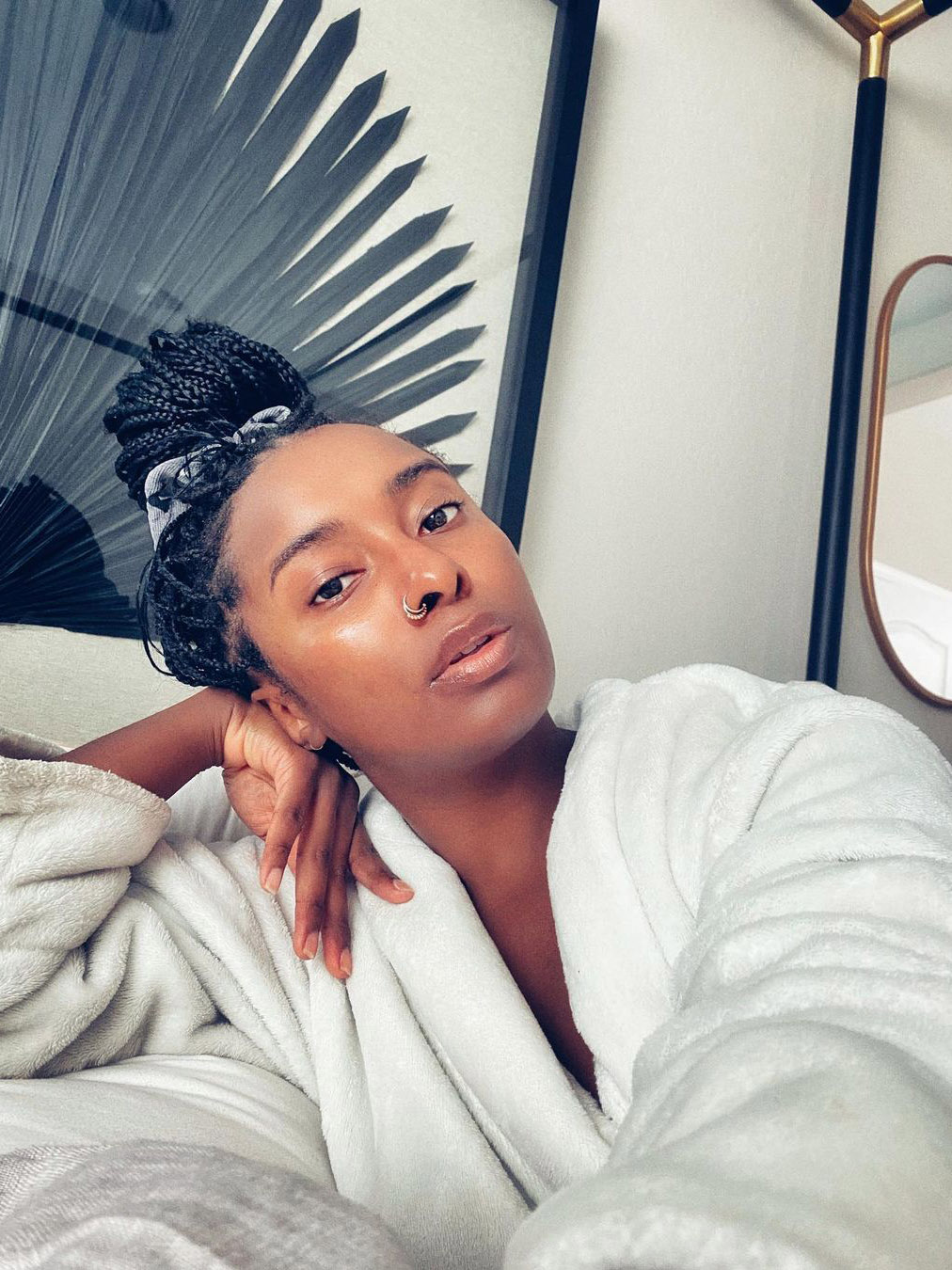
It's not all doom and gloom, though. Prevention (aka taking care of yourself) is one of the best things you can do for longevity. That means doing things like eating well, staying active, getting enough sleep, managing your stress… all those good lifestyle habits. They're easier said than done, I know, but if you make a few changes now, the results can really pay off.
When it comes to skin health, there are a few products to keep on hand and habits to take up to target those changes you might be noticing. "Even if you have taken good care of your skin, you may begin to notice subtle signs of aging in your 30s," explains Joyce Imahiyerobo-Ip, MD, FAAD, owner of Vibrant Dermatology and SkinBar MD. "This includes fine lines and wrinkles, as well as hyperpigmented sun spots and melasma that give you a mottled, uneven complexion."
In your 30s, you're also combatting the loss of collagen, which can present as wrinkles and lines. And there's one surprise skin condition that might throw you for a loop: acne. Board-certified dermatologist and founder of Skin Wellness Dermatology Corey L. Hartman, MD, FAAD, says many women might start to experience acne, even if they didn't have it during their teenage years.
The Three Anti-Aging Products Everyone Should Have
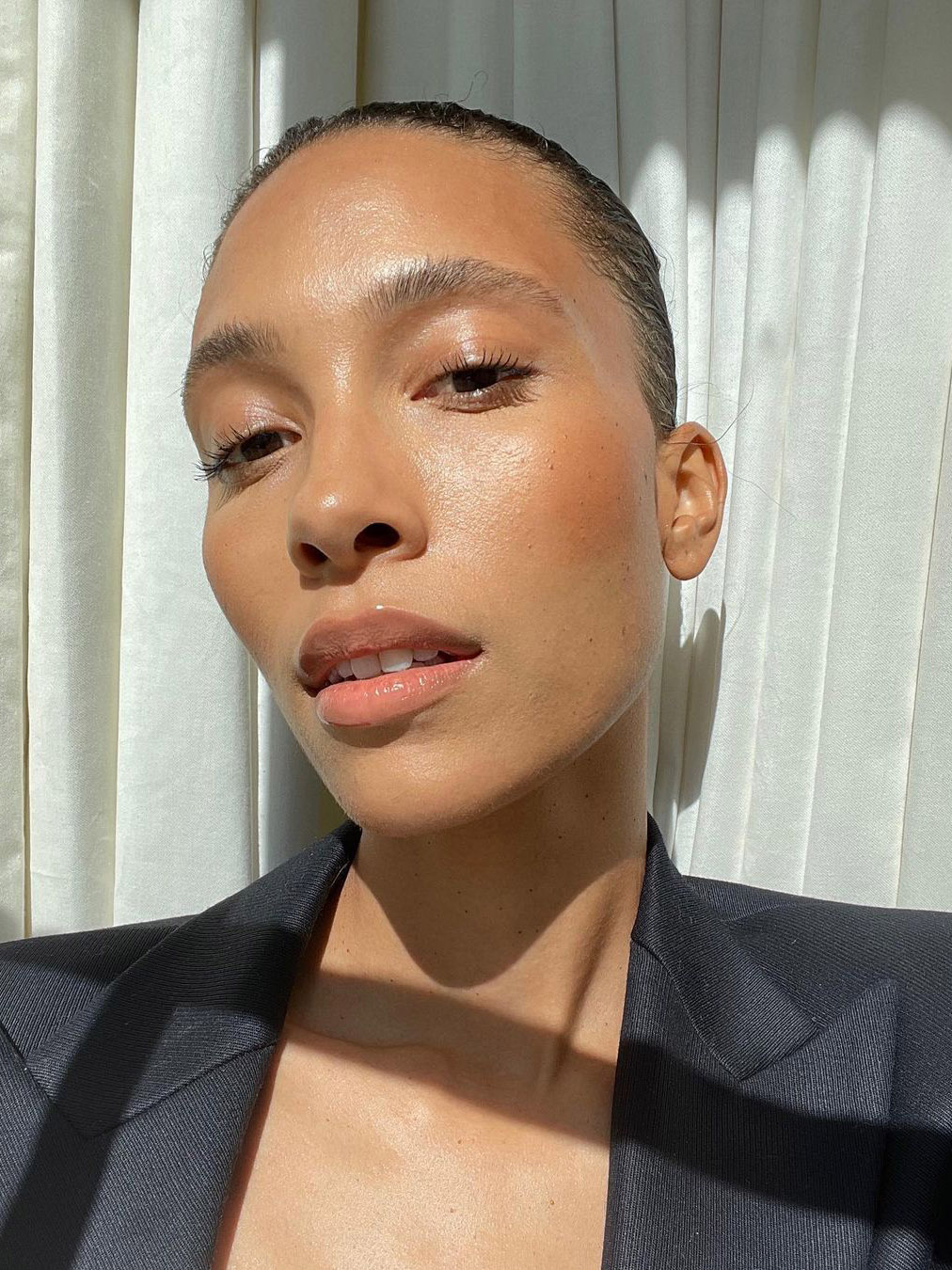
If you want to start getting serious about taking care of your skin in your 30s, the good news is most dermatologists say you can start with just three products. "I believe that the foundation of a good anti-aging skincare regimen should focus on prevention and should always include the holy trinity: sun-protection factor, antioxidants, and retinol," Hartman says. "It is never too early to start using this trio to prevent and correct sagging skin, discoloration, fine lines and wrinkles, and volume loss. The 30s are also a great time to start paying attention to the eyes and neck. A good multipurpose moisturizing eye cream will prevent thin skin, wrinkles, and discoloration, while simply applying a thick moisturizing cream to the neck protects it from [showing] your age later."
Heather D. Rogers, MD, founder and CEO of Doctor Rogers Restore and co-founder of Modern Dermatology, says in order for your skin to tolerate these active products, you need to wash your face before bed and use a moisturizer that maintains a healthy balance of oil and water. "If you have dry skin, this may be a heavy moisturizer twice a day; if you have oily skin, it may be a lotion only at night," she adds.
Rogers recommends looking for products with shorter ingredient lists with ingredients you can pronounce. "Try to avoid ingredients that do not biodegrade, like PEGs and parabens, because they will accumulate in your skin and our world, and we do not know what that means long-term," she says. "Avoid fragrance unless it is perfume (sprayed onto your clothes) or in a candle, as it only irritates your skin."
You can consider asking your dermatologist to prescribe a topical retinoid, which can be powerful for acne and anti-aging, Imahiyerobo-Ip adds. And she also suggests considering twice-yearly chemical peels to exfoliate the skin and help you maintain an even complexion. "If your skin is too sensitive for retinoids or peels, over-the-counter glycolic acid washes will gently exfoliate your skin and slowly help to improve unwanted hyperpigmentation," she says.
You'll also want to consider your skin type when choosing products. For dry skin, you'll want to find a moisturizer that protects the skin and maintains water levels so the skin can tolerate actives. "Dry skin typically absorbs ingredients faster than oily skin, so less is more. Your skin may only be able to handle your evening treatment twice a week. That is fine—your skin is getting what it needs," Rogers explains. "Oily skin does not need a lot of moisturizing, and the oils prevent ingredients from penetrating, so it can tolerate using stronger actives more often."
If you have dry skin, Hartman recommends looking for products with ceramides and emollients. Oily skin types should find products with glycerin, squalene, hyaluronic acid when selecting moisturizers. Those with acne-prone skin might benefit from hydroxy acids, like glycolic or salicylic acids. And sensitive skin types need linoleic acid, niacinamide, and other free fatty acids, which work to calm inflammation and soothe irritation.
And Hartman says don't forget to apply products to your neck and chest, which he says many people forget about when they pay all their attention to their faces.
A General Skincare Routine for Your 30s
Once you find the products that work for you, it all comes down to following the routine and being consistent with it. Sunscreen is the number one step in any skincare routine, hands down. Rogers explains that 90% of visible changes to the skin are caused by the sun.
"The bare minimum skincare regimen is zinc-based sunscreen in the morning and washing your face followed by a moisturizer in the evening," she says. "There is no reason to spend money on more steps until you get into the habit of doing this. Once you can do these most days, I have my patients start the evening treatment step to promote skin turnover. These products help remove brown spots, smooth texture, and promote collagen production but can irritate the skin. You need to start slow (twice a week if you have sensitive skin) and stop as soon as you see any signs of irritation. Once that is part of the routine, the morning antioxidant serum gets added to naked skin before you moisturize. A well-formulated antioxidant protects your skin from further damage by sun, pollution, and blue light in a way different from sunscreen. That is all you need!"
You can add additional steps and products, like topical growth powders or peptides, oral collagen, and skin supplements, but if you want just the basics, you can start there.
Some Skincare Tips for People in Their 30s
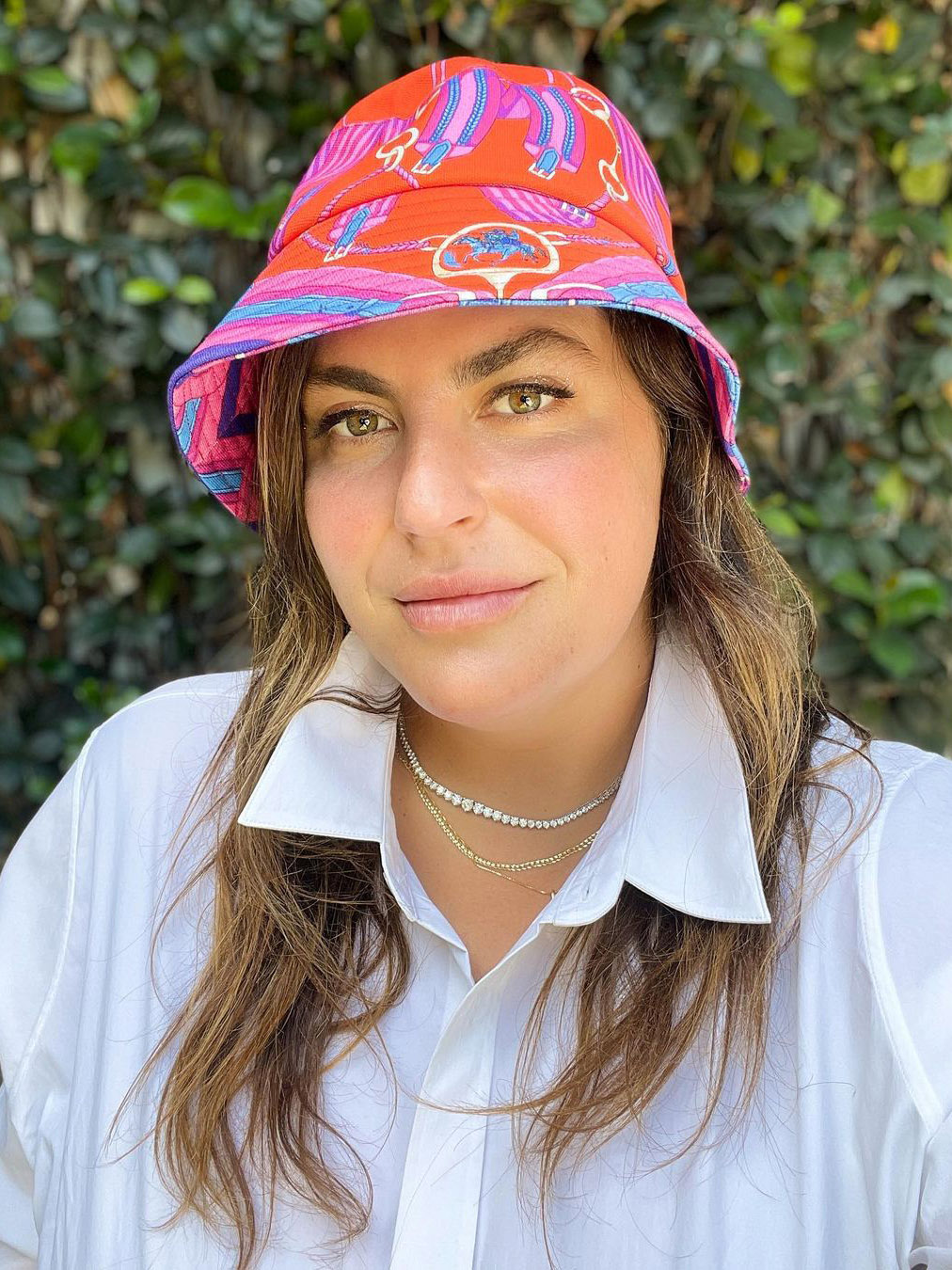
The most important thing I learned while researching this story is what Rogers told me. "You are running a marathon. There is no easy way out or quick fix," she said. "You have to put in the work, meaning creating healthy habits for your body and skin. Invest in quality, proven products, and build a relationship with a dermatologist that you trust to educate you about your options so you can make the right decision for you about skincare and procedures."
A lot of us are conditioned to believe that the more money we spend, the better the results, or the more steps we have in our routine, the better the results. Rogers says neither is true. "You should not spend over $100 on any product that does not have scientific data to support its claims," she explains. "Instead, if you want to target anti-aging, I recommend putting the money toward a laser treatment or a bit of preventive Botox. Equally important to remember, our skin does a remarkable job of taking care of itself, and the more products and steps you give it to deal with, the more frustrated it may become. This can present as irritation and inflammation that speed the signs of aging."
And it's important to note that your skin changes over time, so some products that worked for you in the past, might not be useful anymore. "Be open to adjusting your regimen to ensure that the products address the changing needs of the skin," Hartman says. "Consider adding procedures like neurotoxin intense pulsed light and micro-needling that prevent lines, wrinkles, and pigment while stimulating collagen production to keep skin firm and elastic. Select products that complement the procedures that you choose in order to maximize their effects and prolong their results."
Other Anti-Aging Products to Try
Sunscreens
Serums
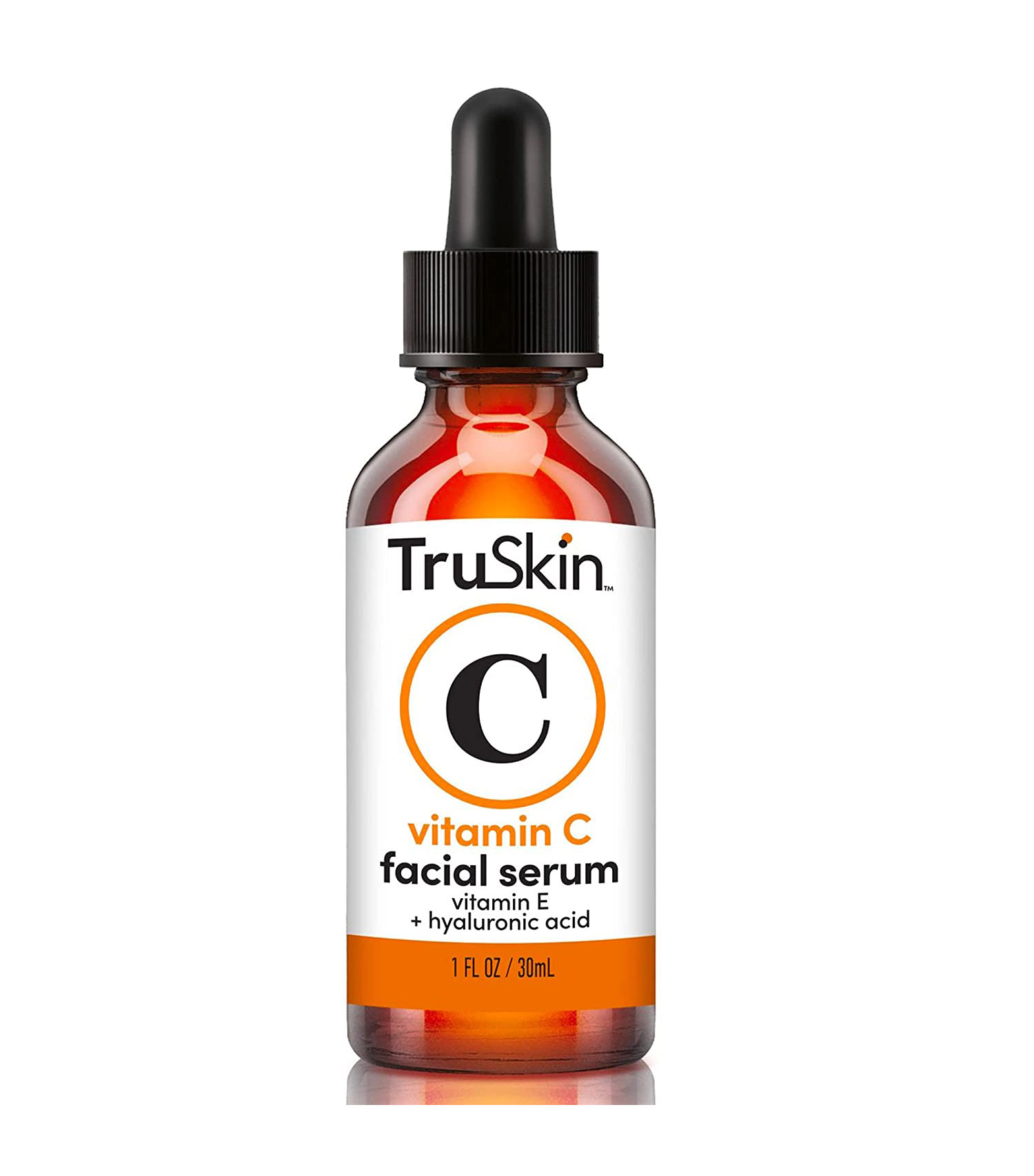
There are a lot of things to love about this serum. One, it's affordable at $20. Two, it's highly reviewed on Amazon with over 71,000 ratings and 4.5 out of five stars. And three, it's a plant-based formula with ingredients like hyaluronic acid, vitamin E, witch hazel, and jojoba oil.
Retinoids
Moisturizers
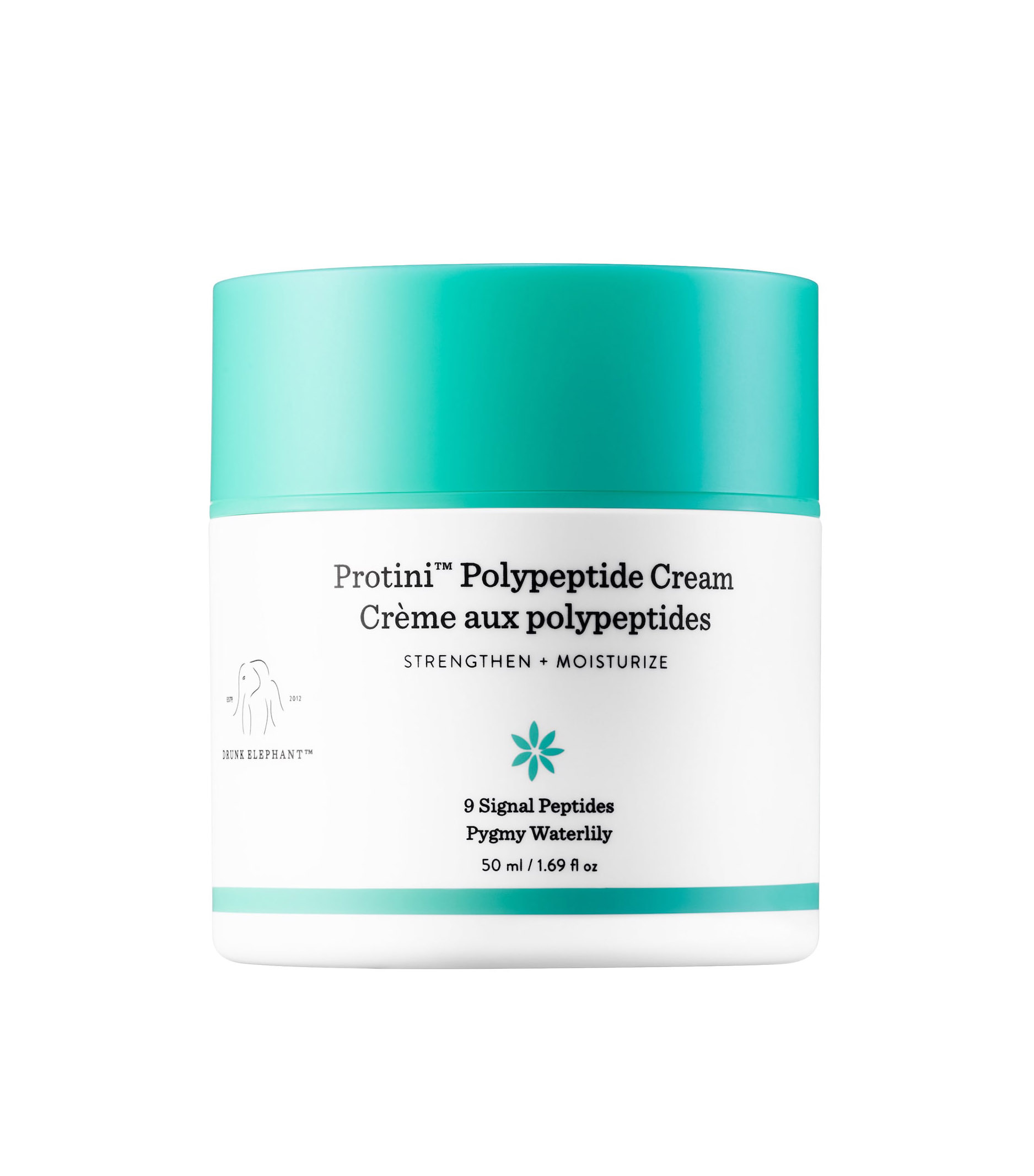
I keep this moisturizer in my skincare rotation because it is lightweight, cooling, and refreshing. I really think it works super quickly to combat dry skin. It's formulated with signal peptides (to plump and firm skin), pygmy waterlily stem cell extract (to replenish and calm), and soybean folic acid ferment extract (to help with elasticity).
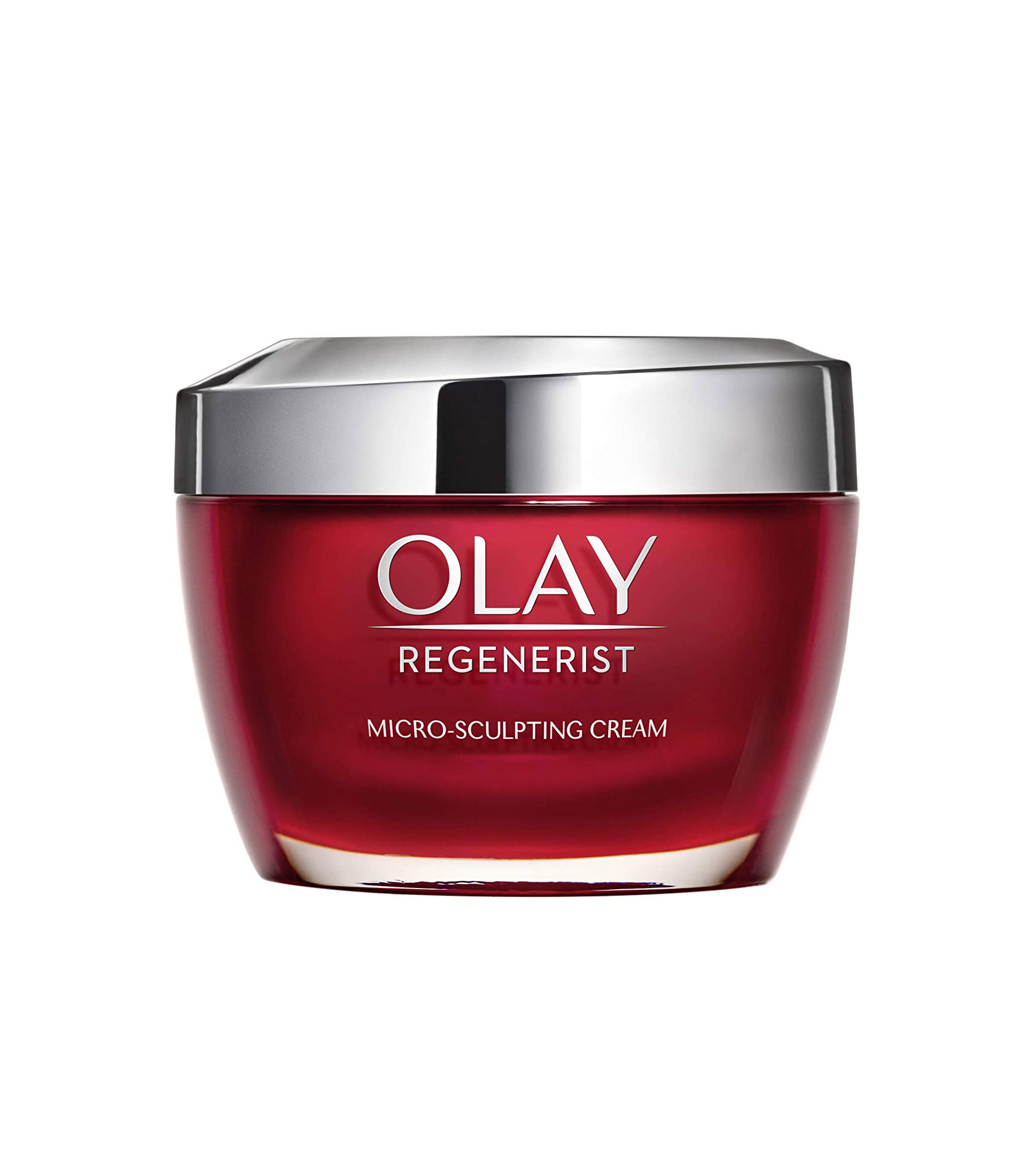
Olay's cream is a popular drugstore find. It thoroughly quenches the skin and promotes cell turnover thanks to ingredients like vitamin B3 and hyaluronic acid.
Next: 5 Skincare-Routine Additions I Can't Live Without Now That I'm in My 30s
Sarah is lifestyle writer and editor with over 10 years of experience covering health and wellness, interior design, food, beauty, and tech. Born and raised in Los Angeles, she attended New York University and lived in New York for 12 years before returning to L.A. in 2019. In addition to her work at Who What Wear, she held editor roles at Apartment Therapy, Real Simple, House Beautiful, Elle Decor, and The Bump (sister site of The Knot). She has a passion for health and wellness, but she especially loves writing about mental health. Her self-care routine consists of five things: a good workout, “me” time on the regular, an intriguing book/podcast/playlist to unwind after a long day, naps, and decorating her home.
